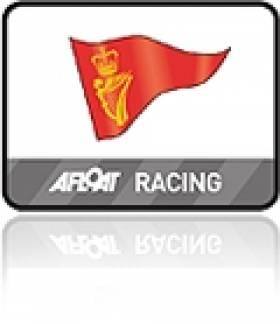Displaying items by tag: restaurant
Downturn Hits Dining at Royal Cork Yacht Club
The Royal Cork Yacht Club has announced that its dining facilities will close until late spring at the earliest due to a slump in business over the last year, the Irish Examiner reports.
The club recently put one staff member on temporary lay-off and made another redundant following a "significant downturn in all club dining support during 2010", the newspaper reports.
But club admiral Paddy McGlade is hopeful that the restaurant will reopen in April, noting that is it normal practice for the restaurant to close during seasonally slack periods.
He added that it would be "inappropriate" for the club to use its cash reserves to keep the restaurant open in the present climate.
The downturn is affecting a lot of sailing clubs who must wait some months yet before the main 2011 sailing season starts.
The Crosshaven-based club is the home of ther biennial Cork Week, one of the biggest events on the Irish sailing calendar, scheduled to return in July 2012.
























































